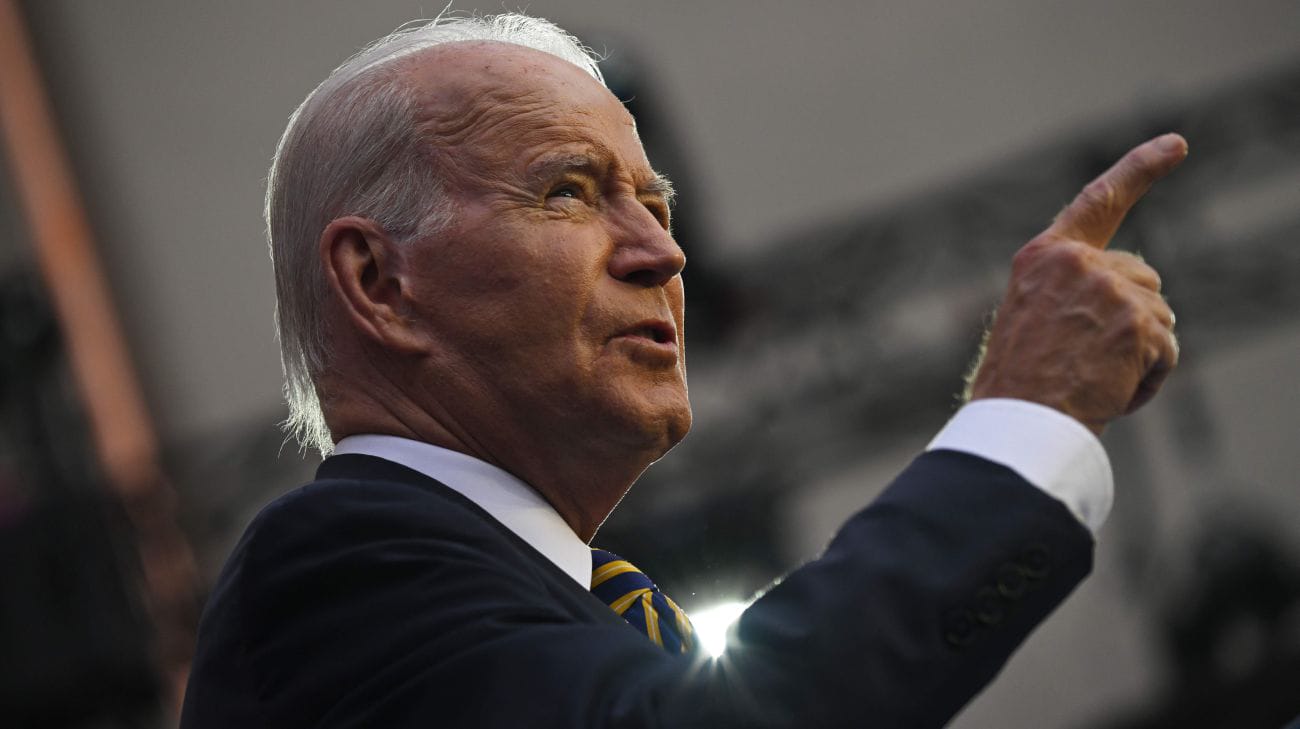The trading floor drama Industry overlooks
Industry, the BBC’s sex and drugs fuelled City drama, is missing one crucial aspect of life on a trading floor, says Matt Smith Sex, drugs and insider trading are back as Industry season three hit our screens earlier this month. But in the City, the exchange of trading tips between wrongdoers isn’t just a sub-plot [...]


Industry, the BBC’s sex and drugs fuelled City drama, is missing one crucial aspect of life on a trading floor, says Matt Smith
Sex, drugs and insider trading are back as Industry season three hit our screens earlier this month. But in the City, the exchange of trading tips between wrongdoers isn’t just a sub-plot of a raunchy drama — it’s a reality. But while the BBC’s show dramatises the traditional backroom whispers and expletive laden face-to-face exchanges, it misses the mark on how these interactions have evolved. Gone are the days when certain traders spilled secrets over a pint. Today, the preferred medium for these clandestine communications is instant messaging platforms, with Whatsapp leading the charge.
Instead of huddled conversations in dimly lit bars, offending traders now often exchange sensitive information via esoteric emojis, vociferous voice notes and messages that vanish faster than Yasmin’s time on the FX desk in season one. These modern-day smoke signals are more sophisticated and harder to interpret, posing a significant problem for compliance teams. It may not be as TV friendly as a trading floor, but in overlooking this Industry misses an opportunity to highlight the reality of the investment world.
The omission of this critical component of compliance is not just an artistic choice — it reflects a broader issue within the industry itself. Many investment banks are still grappling with the need to monitor communications on platforms like Whatsapp effectively. According to our Annual Compliance Health Check report, only 37 per cent of financial firms currently monitor these platforms. This gap leaves room for undetected insider trading and exposes firms to significant risks.
Consider the case of Morgan Stanley, which was fined £5.4m by Ofgem last year for failing to monitor Whatsapp communications where traders shared tip-offs. This isn’t an isolated incident. Our report indicates 69 per cent of firms expect the value of fines from regulators to increase in the next year, with 63 per cent anticipating a surge in the volume of fines. This is the compliance elephant in the room, and ignoring it can have severe consequences.
Compliance officers may not be as sexy as traders, but as regulators tighten their grip, their importance cannot be ignored – whether on-screen or in real life.
While Industry captures the essence of a trader’s life, it misses a vital part of the story. As viewers tune in for the next series in the coming weeks, it’s worth remembering that insider trading today includes an increasingly complex relationship between ultra conservative risk managers and revenue hungry traders. The real drama lies not just in the trades and betrayals but in the relentless effort to stay one step ahead of regulatory scrutiny.
Matt Smith is CEO of Steeleye



